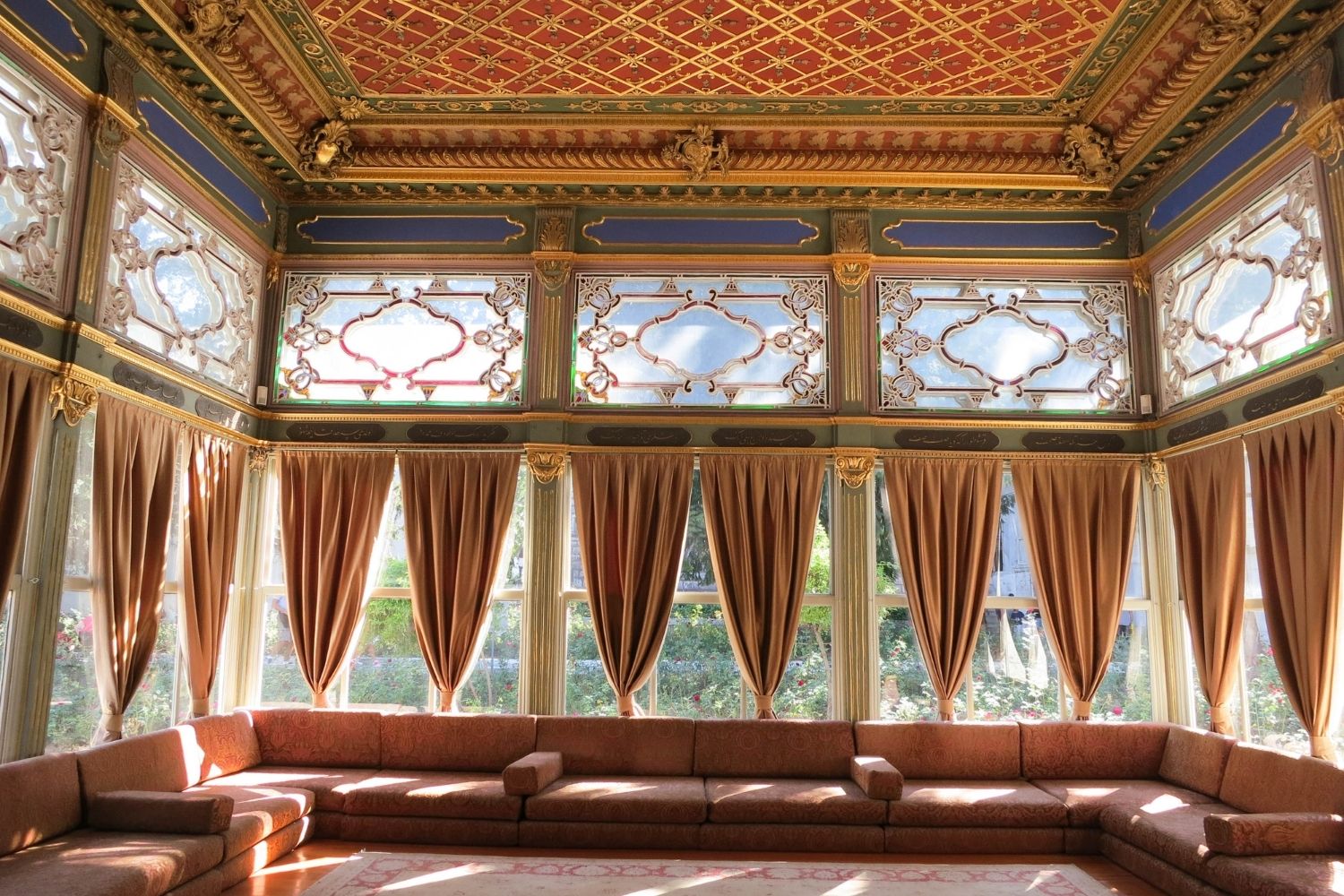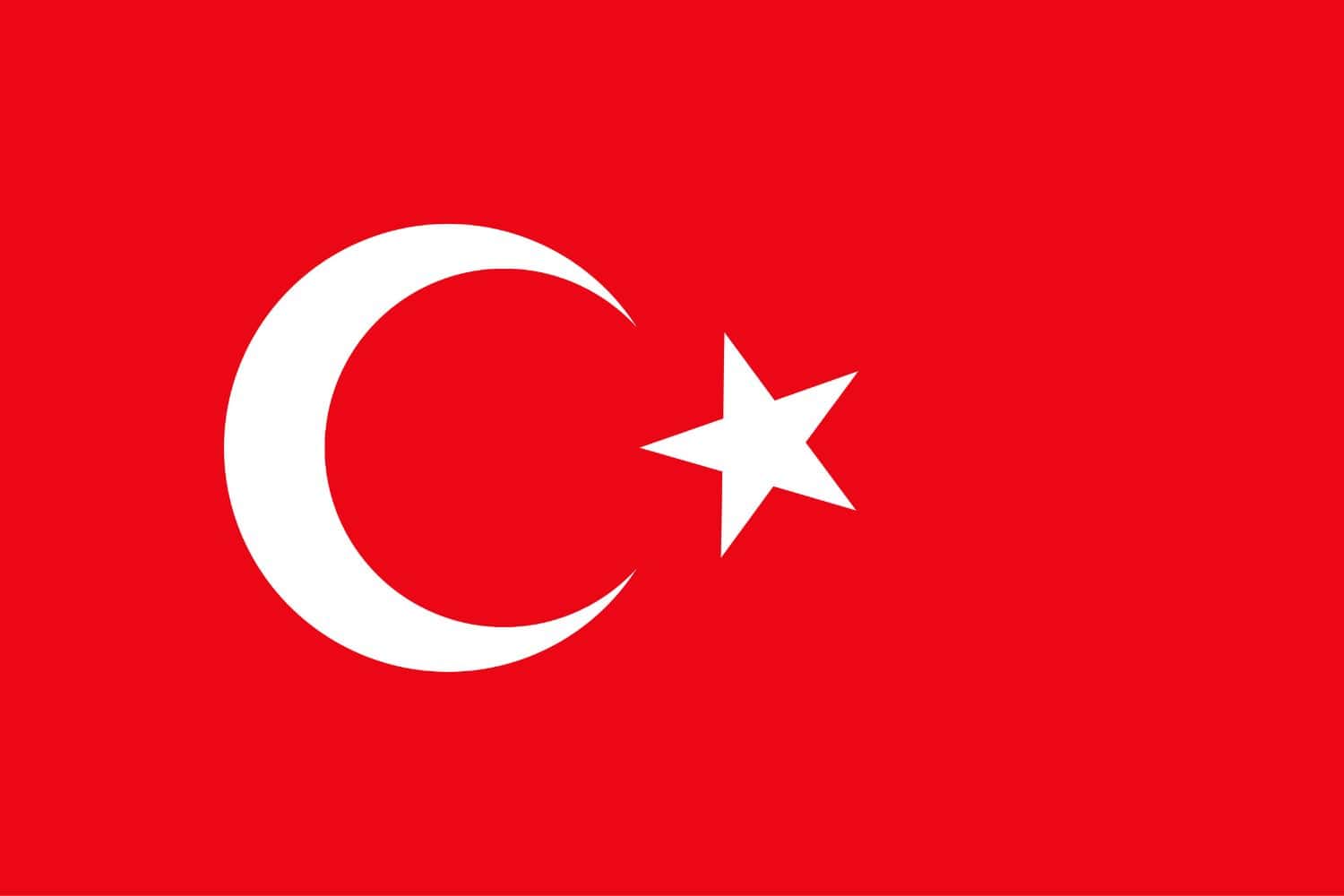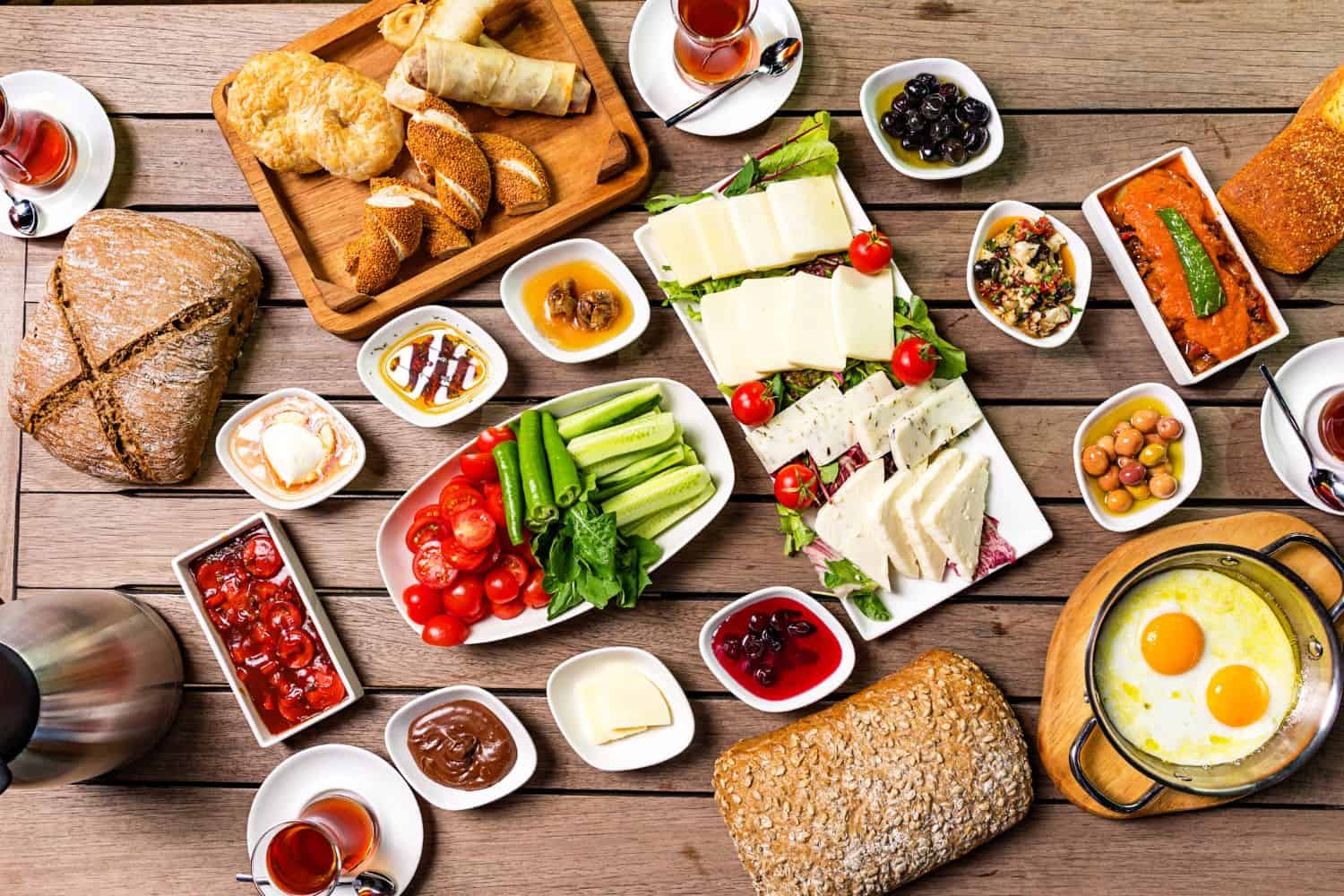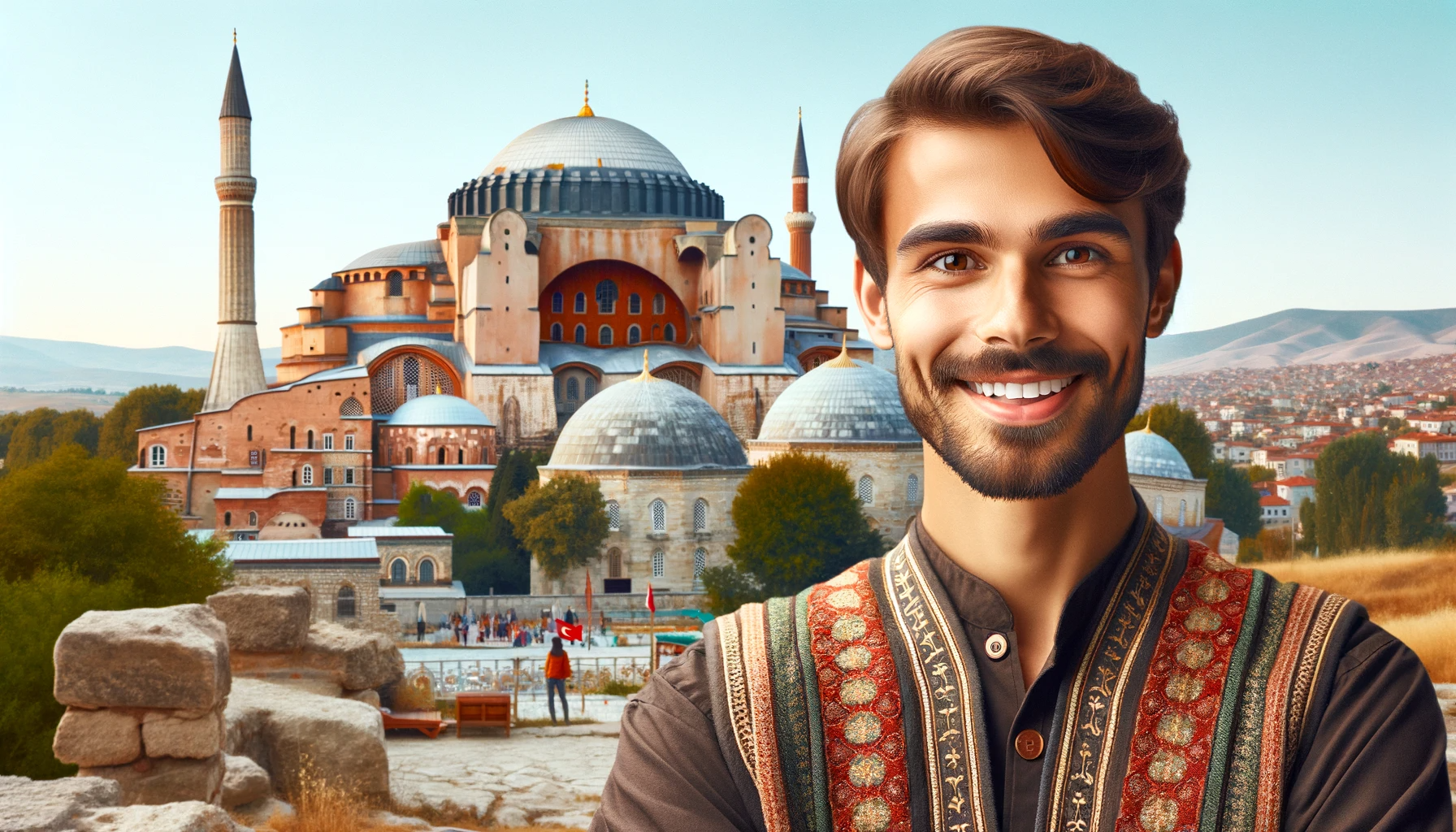Table of Contents
Explore Turkey culture as we offer you a comprehensive insight into the customs of Turkey, along with its rich and colorful heritage, which encompasses traditions, values, and distinctive customs and practices.
Turkish people highly value hospitality and extend a warm welcome to their guests. Family plays a central role in Turkish society, fostering close-knit relationships and a strong sense of community. It’s essential to acknowledge that Turkey culture is in a constant state of development, influenced by historical events, regional dynamics, and global interactions.
Gaining insight into the culture of Turkey can provide valuable insights into the intricate and diverse society of the country.
Turkey Culture
Here are the most important points to begin learning about Turkey culture and customs:
- Ethnic Diversity: Turkey boasts a diverse range of ethnic groups, each with its own unique customs and traditions. Turks, Kurds, Arabs, and Armenians are among the major ethnic communities.
- Languages: Turkish is the official language, but several regional languages and dialects are spoken throughout the country, reflecting its rich linguistic diversity.
- Islamic Practices: Turkey is predominantly a Muslim country, and Islam plays a significant role in Turkey culture, influencing daily life, values, and societal norms. This includes daily prayers, fasting during Ramadan, and adherence to Islamic dietary laws. The majority of Turks practice Sunni Islam.
- Greeting Etiquette: Greetings are an important part of Turkey culture. Handshakes are common between men, while men and women typically do not shake hands. Instead, they greet each other verbally with polite phrases.
- Traditional Clothing: Traditional Turkish clothing, such as the “şalvar” for men and “kaftans” for women, has historical significance and is still worn on special occasions. Traditional attire varies by region and ethnicity but remains a part of Turkish identity.
- Cuisine: Turkish cuisine is renowned for its diverse and delicious dishes, including kebabs, baklava, and various types of savory pastries. It reflects influences from the Middle East, Mediterranean, and Central Asia.
- Hospitality: Turks are known for their warm hospitality. Guests are welcomed with open arms and offered tea, meals, and a place to stay. It is considered impolite to decline such offers.
- Respect for Elders: Respect for elders is a deeply rooted custom in Turkish society. Younger individuals show deference to their seniors through words and actions.
- Arts and Crafts: Turkey has a rich tradition of arts and crafts, including intricate carpet weaving, pottery, calligraphy, and marbling art.
- Music and Dance: Traditional Turkish music features instruments like the oud and darbuka. Folk dances, such as the “halay” and “zeybek,” are integral to cultural celebrations.
- Celebration of Festivals: Turks celebrate various religious and cultural festivals, such as Ramadan Bayramı (Eid al-Fitr), Kurban Bayramı (Eid al-Adha), and Nevruz (New Year). These celebrations often involve special prayers, feasts, and gatherings with family and friends.
- Family and Community: Family is central to Turkish society, and strong community bonds are vital for support and social cohesion.
- Gender Roles: Traditional gender roles exist in Turkey culture, with men and women often having distinct societal roles. However, there is an ongoing shift, especially in urban areas.
- Arranged Marriages: Arranged marriages are still a prevalent custom in Turkey, with families playing a key role in matchmaking, and the union seen as a commitment between families as well as individuals.
- Historical Influences: Turkey’s rich history, including the Byzantine and Ottoman periods, has left a significant mark on its culture and architecture.
These customs are integral to Turkey culture and are evident in everyday life, showcasing the country’s cultural diversity, rich heritage, and strong sense of tradition and community.
Turkey Traditional Attire
Turkey Traditional Attire is a reflection of the country’s rich cultural history, diverse regional influences, and historical significance. Turkish clothing serves both functional and symbolic purposes, reflecting the country’s heritage and traditions.
1. Regional Variation: Turkey’s traditional clothing varies across regions due to climate, geography, and cultural diversity. In the eastern and northeastern mountainous regions, people often wear heavier, warmer garments, while in the coastal and southern areas, lighter and more breathable clothing is favored.
2. Ottoman Heritage: The Ottoman Empire has left a significant mark on Turkish traditional attire. The “kaftan” was a prominent Ottoman garment, characterized by its long, flowing robe with intricate embroidery and luxurious fabrics. Variations of the kaftan were worn by both men and women, and it was a symbol of status and wealth.
3. Modern Turkish Dress: The traditional clothing of modern-day Turkey includes the “şalvar” for men, a loose-fitting pant, often paired with a “gömlek” (shirt), and a “cepken” (vest). Women commonly wear the “entari,” a long dress with colorful patterns, often accompanied by a headscarf or “yemeni.”
4. Folk and Ethnic Attire: Different regions and ethnic groups in Turkey have unique traditional attire. For example, the “şalvar” is a common garment among various communities, while the “cepken” may vary in design and decoration. Traditional clothing reflects the cultural identity of each group.
5. Bridal and Special Occasion Attire: Turkish weddings and special events showcase elaborate traditional attire. Brides often wear a “bindalli” or a heavily embroidered gown, while grooms may don a “fes” (a traditional hat) or other ceremonial clothing. These outfits are ornate and symbolize the importance of the occasion.
6. Adherence to Modesty: Traditional Turkish clothing emphasizes modesty, with loose-fitting garments that cover the body. The choice of colors, patterns, and fabrics can signify regional or cultural identity, as well as social and marital status.
7. Urbanization and Western Influence: In urban areas like Istanbul, modern Turkish clothing is a blend of traditional and Western styles. People may wear Western-style suits, dresses, and casual attire for everyday life, while still reserving traditional clothing for special occasions or cultural events.
Turkish traditional attire is a reflection of the country’s rich history, cultural diversity, and unique heritage. It continues to evolve with changing fashion trends and lifestyles, while remaining an important part of Turkish identity and cultural expression.
Turkey Marriage Traditions
Marriage traditions in Turkey are deeply ingrained in the country’s rich cultural heritage, combining historical customs with modern influences. These traditions vary across regions and communities but often share common elements that reflect the importance of family and social connections.
1. Arranged Marriages: Arranged marriages have been a prevalent tradition in Turkey, with families playing a central role in matchmaking. The belief in arranged marriages stems from the idea that parents and elders have the wisdom to choose compatible partners for their children.
2. Matchmakers: Traditional matchmakers, known as “çöpçatan” or “başı sağolsun,” have historically been responsible for finding suitable matches for individuals. They consider factors such as family background, social status, and compatibility when making recommendations.
3. Engagement: Once a suitable match is found, the engagement process begins with a formal agreement between the families. This agreement, often called “nişan,” marks the commitment of the couple to marry and may involve the exchange of rings.
4. Henna Night (Kına Gecesi): Prior to the wedding, the bride and her female relatives and friends gather for a henna night celebration. The bride’s hands are adorned with henna, symbolizing blessings and good luck. It is a festive event with music, dancing, and traditional rituals.
5. Wedding Celebrations: Turkish weddings are vibrant and festive occasions that can last for several days. They typically involve a religious ceremony, a celebratory feast, music, and dancing. The main wedding ceremony is often held in a mosque or a designated venue.
6. Bridal Attire: Brides traditionally wear a white gown for the wedding ceremony, similar to Western bridal attire. However, they may also change into multiple dresses during the celebration, including a red gown for the henna night.
7. Social and Religious Significance: Marriage is considered a sacred and significant event in Turkey culture, often involving Islamic customs and rituals. The marriage contract, known as the “nikah,” is performed in accordance with Islamic principles.
8. Post-Wedding Customs: After the wedding, various traditions may continue, such as the “gelin alma” (fetching the bride), where the groom visits the bride’s family to take her to their new home. This is often accompanied by traditional rituals and gifts.
9. Family and Community Involvement: Turkish weddings are not only a celebration of the couple but also a communal affair. Extended families and the broader community play essential roles in supporting and participating in the festivities.
10. Contemporary Changes: In modern Turkey, there is a growing trend toward love marriages, where individuals choose their partners based on personal preferences. However, even in love marriages, many traditional customs and ceremonies are often incorporated into the celebration.
Turkish marriage traditions reflect the importance of family, community, and cultural values. While some customs have evolved with changing times, they continue to be an integral part of Turkish society, preserving the country’s cultural heritage and social bonds.
Turkey Food Culture
Turkey food culture is a rich and diverse reflection of the country’s history, geography, and the fusion of culinary traditions from the Middle East, the Mediterranean, and Central Asia.
- Regional Variation: Food from Turkey diverse geography, including coastal regions, fertile plains, and mountainous areas, has given rise to a wide range of regional cuisines. Each area incorporates local ingredients and culinary traditions, resulting in a rich tapestry of flavors distinctive to each region.
- Staple Foods: Turkish cuisine relies on staple foods such as rice, bulgur (cracked wheat), and bread, with flatbreads like “pide” and “lavash” being popular choices. Rice pilaf and “mantarlı bulgur pilavı” (bulgur pilaf with mushrooms) are common dishes.
- Kebabs and Grilled Meats: Grilled meats, especially kebabs, are a cornerstone of Turkish cuisine. Varieties include lamb, beef, chicken, and seafood. Meats are often seasoned with spices and herbs and cooked over open flames.
- Spices and Herbs: Turkish cuisine features a wide range of spices and herbs, including cumin, paprika, sumac, mint, and parsley. These seasonings are used generously to enhance the flavor of dishes.
- Traditional Dishes: Iconic Turkish dishes include “kebabs,” “dolma” (stuffed vegetables), “manti” (dumplings), “borek” (pastries), and “karniyarik” (stuffed eggplant). These dishes may have regional variations.
- Use of Dairy: Dairy products like yogurt, cheese, and butter are fundamental to Turkish cuisine. Yogurt is often served as a side dish or used in sauces and dressings.
- Baklava and Desserts: Turkey is renowned for its delectable sweets, with “baklava” being a well-known dessert made of layers of filo pastry, nuts, and syrup. Other popular desserts include “lokum” (Turkish delight), “kadayif” (shredded wheat pastry), and “sütlaç” (rice pudding).
- Tea and Coffee Culture: Turkish tea, served in small glasses, is a beloved beverage and a symbol of hospitality. Traditional Turkish coffee is known for its strong flavor and preparation in a special pot called a “cezve.”
- Family Dining: Turkey culture values communal dining, with families and friends often sharing meals around a large table. This fosters a sense of togetherness and social bonding.
- Street Food: Turkish street food is famous worldwide, with offerings like “döner kebab,” “simit” (sesame-crusted bread rings), and “balik ekmek” (fish sandwiches) enjoyed by locals and visitors alike.
- Influence Abroad: Turkish cuisine has had a global impact, with Turkish restaurants and dishes like “kebabs” and “Turkish delight” being popular internationally.
Book our services
These guiding services ensure that your journey is not only enjoyable but also informative and hassle-free. Turkey’s cultural delights, historical marvels, and natural wonders await your exploration with RJ Travel LLC. Our Turkey Private Tours are designed to immerse you in the rich cultural heritage, historical significance, and breathtaking landscapes of this extraordinary nation.
Contact Us and our team will make sure to help you plan your trip to Turkey when it’s safe and ready for travel. Whether you’re interested in joining a pre-arranged Turkey small group tour or creating a custom itinerary, we are here to make your Turkish adventure an unforgettable reality.
More About Turkey
Book Your Trip to Turkey Today!
Embark on an unforgettable journey and explore the allure of Turkey through our exclusive tours.








